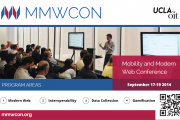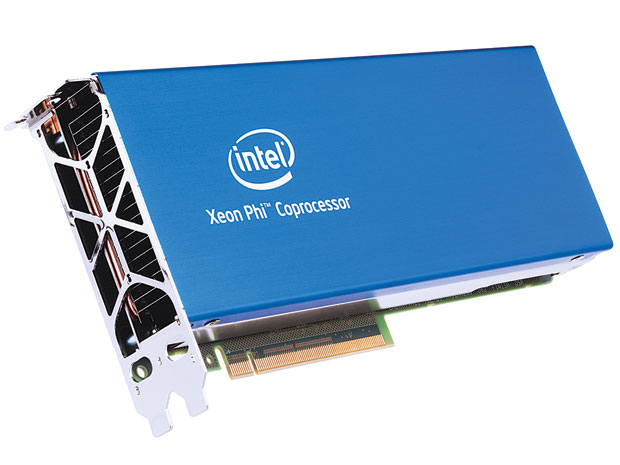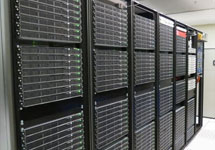Harness the Power of GPU’s: Introduction to GPU Programming
Harness the Power of GPUs, an Introduction to GPGPU Programming is a mixture of lectures and labs and introduces all levels of parallelism as well as common approaches for parallelization. This course, hosted virtually by UCLA-IDRE, is free for UCLA researchers/students. Sign Up Now






